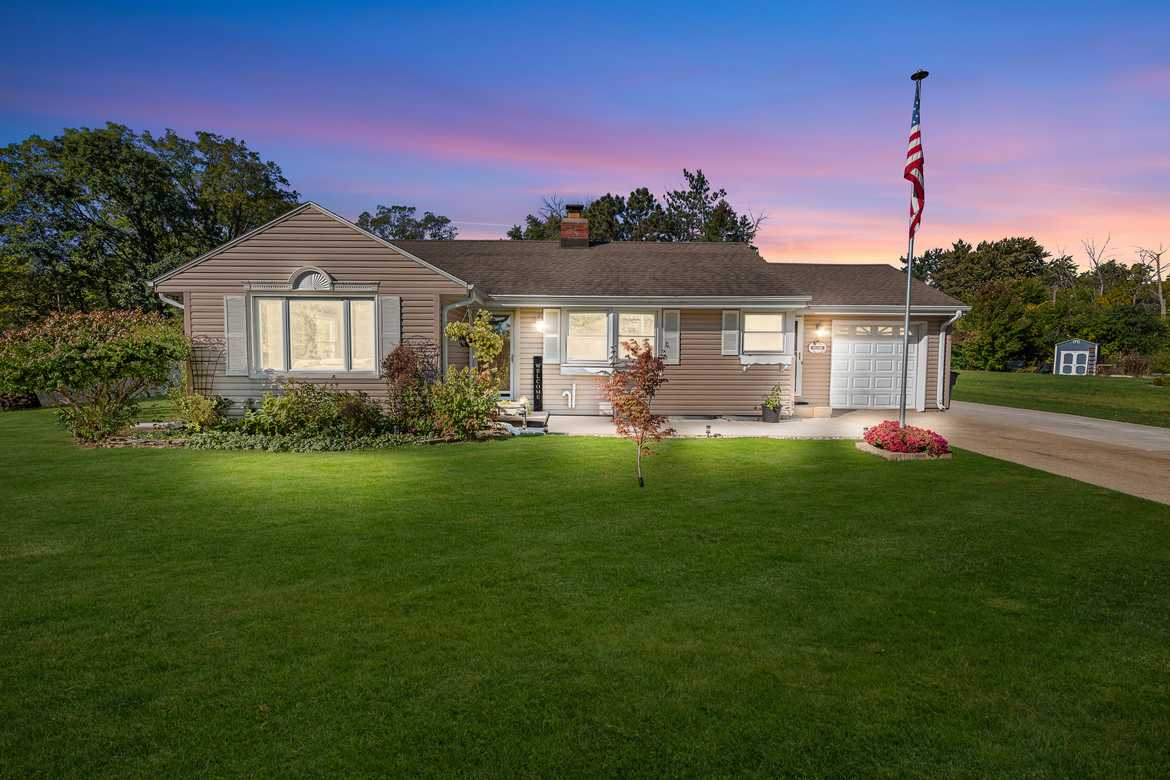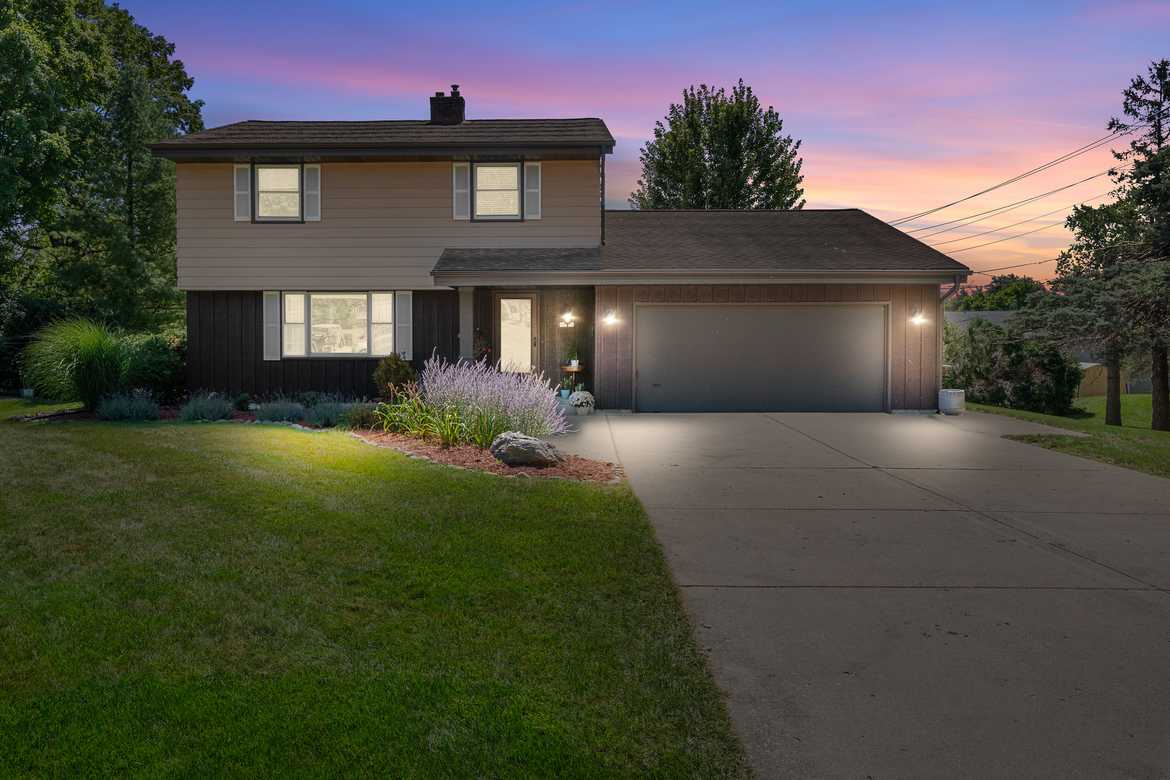10 Essential Tips for First-Time Homebuyers
Buying your first home can be thrilling, but it’s also a complex process with many moving parts. To help you navigate this major life decision, we’ve expanded on 10 essential tips that will guide you from start to finish.
1. Determine Your Budget
Before diving into the home search, it’s crucial to assess your financial situation. Start by calculating your total monthly income and expenses, including any current debt, such as student loans, car payments, or credit cards. Lenders typically recommend that your monthly mortgage payment (including taxes and insurance) should not exceed 30% of your gross monthly income.
Use an online mortgage calculator to get an idea of what you can afford, but also remember to factor in potential hidden costs like home repairs, utilities, and future improvements. Having a clear budget will help you avoid falling in love with homes outside your price range.
2. Get Pre-Approved for a Mortgage
A mortgage pre-approval is one of the most critical steps in the home-buying process. Getting pre-approved means that a lender has reviewed your financials (such as income, assets, and credit history) and determined how much they are willing to lend you. This not only gives you a realistic price range to work with but also shows sellers you are a serious buyer.
Be aware that pre-approvals require documentation, such as tax returns, pay stubs, bank statements, and proof of employment. While it may feel like a hassle, this step will save you time later and make you more competitive in a hot market.
3. Define Your Priorities
Before you begin touring homes, take time to define what’s most important to you. Make a list of your must-haves and nice-to-haves. Your must-haves could include the number of bedrooms, proximity to work, or a backyard. Nice-to-haves might be a home office, an open floor plan, or a modern kitchen.
Knowing what’s essential versus what’s negotiable will help you focus on homes that meet your needs, and prevent you from being swayed by superficial features that may not truly impact your day-to-day life.
4. Research Neighborhoods
Location is everything when it comes to real estate. Even the perfect house might not work if it’s in the wrong neighborhood. Spend time researching neighborhoods that fit your lifestyle. Factors to consider include:
- Proximity to work, schools, and amenities (grocery stores, parks, public transportation)
- Neighborhood safety and crime rates
- School district ratings if you have or plan to have children
- Future development plans in the area, which can affect property values over time
Visit neighborhoods at different times of day to get a sense of the atmosphere. You want to feel confident that the area will support your needs and lifestyle for years to come.
5. Work with a Real Estate Agent
Having a knowledgeable real estate agent is invaluable, especially for first-time buyers. A good agent will guide you through every step of the process, from finding suitable properties to negotiating the best price and handling paperwork. They can also help you understand the local market and connect you with other professionals, such as inspectors and mortgage brokers.
Look for an agent who has experience working with first-time buyers and is familiar with the areas you are interested in. A strong agent-client relationship is built on trust, so take the time to find someone who listens to your needs and makes you feel comfortable.
6. Don’t Skip the Home Inspection
A home inspection is a vital part of the home-buying process. Even if the house looks perfect, there could be hidden issues such as foundation problems, plumbing leaks, or electrical hazards. Hiring a professional home inspector ensures that you’re making an informed decision.
Once the inspection is complete, review the report carefully. If significant issues are uncovered, you can ask the seller to make repairs or negotiate a lower price. If the problems are too costly to fix, you may need to reconsider the purchase. Never skip this step, as it can save you from expensive repairs down the line.
7. Understand the Costs of Ownership
Owning a home involves more than just the mortgage payment. Be prepared for additional costs like:
- Property taxes: These vary by location and can increase over time.
- Homeowners insurance: This protects your home against damage and liability.
- Maintenance and repairs: You’ll need to budget for ongoing maintenance, such as landscaping, appliance repairs, and unexpected issues like a leaky roof.
- HOA fees: If you’re buying in a community with a homeowners association (HOA), there may be monthly or annual fees.
It’s important to factor these costs into your budget to avoid financial surprises after you’ve purchased your home.
8. Save for Closing Costs
In addition to your down payment, you’ll need to save for closing costs, which typically range from 2% to 5% of the loan amount. These costs can include:
- Loan origination fees
- Title insurance
- Appraisal fees
- Attorney fees (if applicable)
- Prepaid property taxes and homeowners insurance
Your lender will provide a Loan Estimate that details these costs. Make sure you understand what is required and save accordingly. Some sellers may offer to pay a portion of the closing costs, but this is not guaranteed, so it’s wise to be prepared.
9. Stay Within Your Budget
When you start house hunting, it’s easy to fall in love with a home that’s slightly above your price range. However, stretching your budget can lead to financial stress later on. Be mindful of your budget and resist the temptation to overextend yourself.
Set a firm limit on what you’re willing to spend, including any bidding wars that may arise in competitive markets. It’s better to buy a home you can comfortably afford than to risk becoming “house poor” with little left over for other expenses or emergencies.
10. Be Patient
The home-buying process can take time, especially in a competitive market. It’s important to be patient and not rush into a decision. You may need to make multiple offers before one is accepted, and sometimes the perfect home might not come along right away.
Don’t feel pressured to settle for a property that doesn’t meet your needs just because it’s available. The right home is out there, and with patience and persistence, you’ll find it.
Conclusion
Buying your first home is a major life decision, but by following these 10 essential tips, you’ll be well-prepared to navigate the process with confidence. From setting your budget to choosing the right agent and staying patient, each step is crucial to ensuring a successful home-buying experience.
If you’re ready to take the next step, Resilient Realty LLC is here to help. Our experienced team is committed to guiding first-time homebuyers through every phase of the journey. Contact us today to get started!




